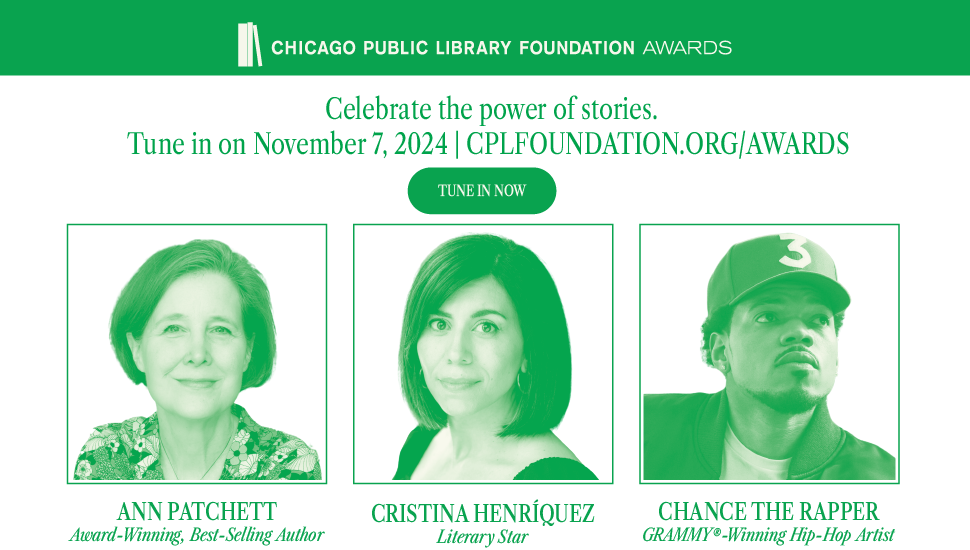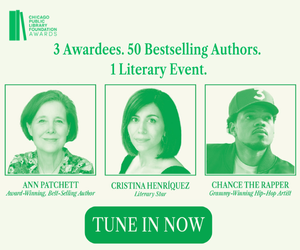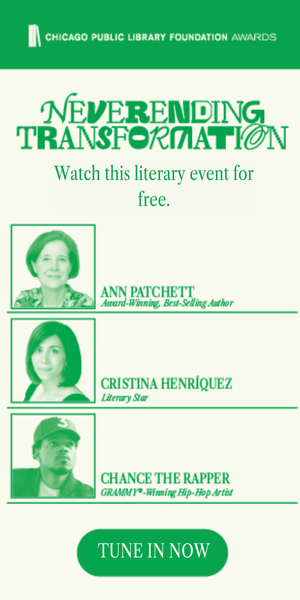
How Reading Thomas Hardy Led Me to Romance Novels
We talk pretty regularly about romance here on Book Riot: debunking myths, sharing favourites, and poking gentle fun at how not to write about the genre. I wouldn’t consider myself “hard-core” or widely-read enough to be a romance fan so I don’t feel qualified to write sweepingly about the genre. But what I can talk about my own personal experience of romance-reading. And for me, the path to romance began in earnest with Thomas Hardy.
Yes, really.
Let me jump back to five years ago, when I was an MA student studying 19th century lit. I was lucky enough to have a fantastic academic advisor who was also a fantastic teacher. She created a classroom space that felt safe but encouraged lively, passionate discussion with a focus on textual analysis: a perfect learning environment for me. In the typical manner of a starry-eyed student, I would have followed her to the ends of the earth; practically speaking, that meant signing up for all her classes, including an all-Thomas-Hardy summer seminar.
Let me repeat that: all Thomas Hardy. All. summer. long.
When you think hazy, lazy days of summer reading, you prrrrrrobably don’t think Thomas Hardy. He is … not the most cheerful of writers. To say the least. His books very rarely have a happy ending and – typical to the period he was writing in – women especially do not fare well.
The class itself was as wonderful as I expected it to be and I found Hardy to be an interesting writer. But damn, the subject matter was HEAVY. Oppression and social ostracization and rape and suicide and women dying and kids dying – it was a lot (you never did meet a group of people more in need of a drink and a hug than our class the day we discussed Jude the Obscure for three hours straight). At the end of the day I found myself longing for something lighter – a Hardy corrective if you will.
I wanted to laugh and I wanted to relax, but most of all I wanted to read something and be secure in the knowledge that women would be okay. I cannot stress how important that is to my general mental wellbeing as it pertains to media consumption. At any given time, I need to be reading or watching something where I know women will be okay. Where I do not have to stress and cross my fingers, dreading the rape or ruin or heartbreak lurking around the corner.
I was still completely absorbed by the time (19th century) place (England); I still liked the focus on small, interpersonal dramas. It was just the plots and outcomes I wanted to change. Basically I wanted to keep the field but rig the game so the rules dictated that women would always “win.” It wasn’t about turning off my brain; it was about turning off my stress.
Romance – with its abundance of 19th-century settings, light tone, and reliable narrative structure – was the obvious choice. With a romance novel, I could be confident that the female protagonist would live, that she would find a respectful and appreciative partner, and that, as a bonus, she would get to have satisfying, consequence-free sex.
I had read a couple of contemporary romances before, but like so many women I had been vaguely embarrassed to really read widely in the genre for a variety of overlapping reasons, sex-shaming and intellectual elitism chief among them. But I now I felt ready. I had made strides in being more self-assured and sex-positive for the last few years, and after two semesters of rolling my eyes at the occasional intellectual pissing contests, I had run out of cares to give on the elitism front. I was there, I was just as smart as anyone else, and I had nothing to prove (of course, no one ever has anything to prove, reading-wise, regardless of their level of education, preferred genres, annual book count, or anything else. I always knew that when it came to other people but it took a while for me to apply that philosophy to myself). All I had needed was the push.
Contrary to popular assumptions, finding romance novels that would be smart, well-written, and aligned with my feminist views was actually pretty easy. I mean, I didn’t just roll up to the bookstore and lay hands on the first scandalous duke to catch my eye – I did my research. Paying attention to the right blogs and the right comment sections – shoutout to Smart Bitches, Trashy Books! – lead me straight to Eloisa James, Julia Quinn, and Loretta Chase.
I found I thoroughly enjoyed these reading experiences. It was very soothing to put down my Hardy and my pencils and my little brightly-coloured sticky flags for the night, and just let the witty, flirty banter wash over me as I headed, safe and relaxed, toward that happily-ever-after.
With post-school reading I get to set my own syllabus now, but I still read romance from time to time – sometimes because I do need them for the same “corrective” purpose and sometimes just because they’re fun.
Like I said in the beginning of this piece, I don’t claim to be a highly knowledgeable superfan; romance makes up a small but (and here’s the key) integrated part of my overall reading life. It’s a genre like any other and I got into it the way many of us get into any new type of books – through another, somewhat similar book. This, to me, is one of the great things about reading: it starts you down a path and you don’t know where it is going to lead.
So thanks, Mr. Hardy.










